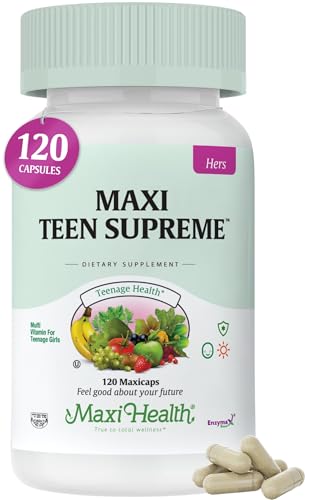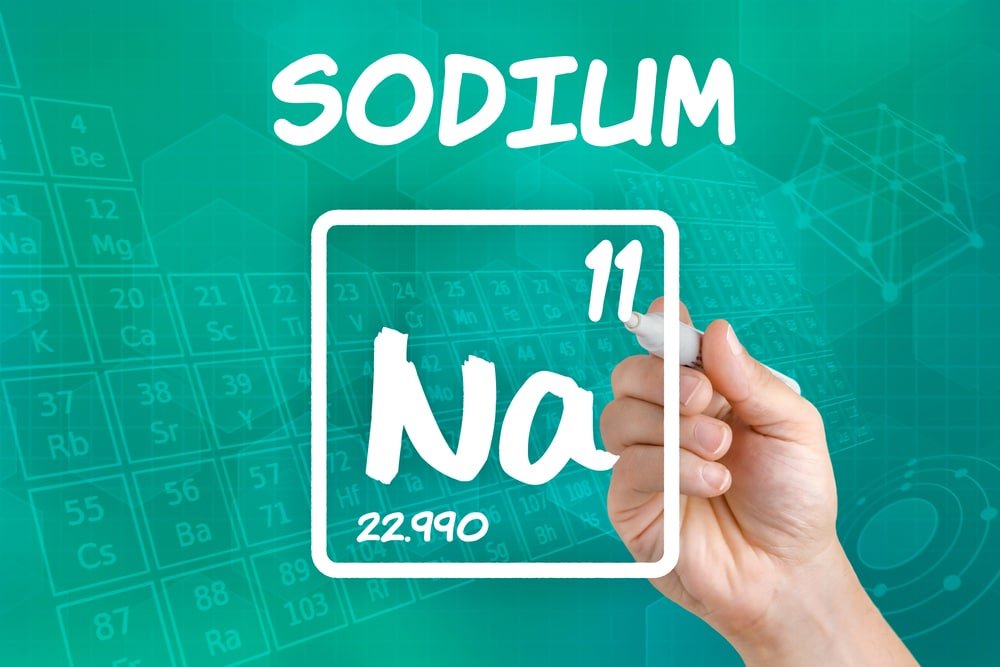Vitamins health benefits includes supporting healthy metabolism, promoting immune system health, maintaining cell membranes and structure, production of red blood cells, promoting healthy hair, skin, and nails, promoting healthy joints, improving night vision, production of hormone, and healthy bone development.
Have you ever given any real thought about how important vitamins are for our overall health and well-being? Vitamins are extremely critical parts of a well-rounded diet, helping safeguard our body and ensure optimal functioning. However, the diets consumed by most typical western families leaves much to be desired- rich in processed carbohydrates and fats, these foods are virtually devoid of real vitamins.
Now sure how important important vitamins are and why you need to ensure you get more? Read on to find out these jaw dropping benefits of vitamins on your health.
12 Amazing Health Benefits of Vitamins

1. Supports Healthy Metabolism
Our metabolism determines how efficiently we are able to make use of consumed food, and subsequently converting it to usable energy or nutrients that our bodies need for growth and recovery. The B family of vitamins in particular are involved in the metabolic processes of the body, helping the cells with energy production and repair. Many foods are naturally rich in B vitamins, including meat, vegetables and even dairy.
2. Promotes Immune System Health
One of the most important roles vitamins play in our body is supporting our immune system by stimulating the production of antibodies and immune mediators, and helping to buffer the effects of free radical damage on the cells. Our immune system may be compromised if we do not consume enough of the important antioxidant vitamins such as vitamins A, C and E.
3. Maintenance Of Cell Membranes And Structure
In addition to helping support the immune system, vitamins A and C in particular are necessary to help ensure that important cellular material does not leak out of them due to the faulty membranes. Vitamin C initiates collagen synthesis, collagen being a very important structural protein that helps keep cellular matter inside the cells where they belong.
4. Production of Red Blood Cells
Red blood cells, in addition to the well-known mineral iron, require vitamins as well for their synthesis. In particular are the B vitamins and vitamin B12 especially. Even if a person consumes enough iron but does not get enough vitamin B12, they may develop anemia. Luckily, this can be easily remedied by consuming more foods rich in this vitamin. Good sources of this vitamin include eggs, dairy products including cheese, along with meat such as beef.



5. Promotes Healthy Hair, Skin and Nails
Once again, vitamins play an important role in ensuring that the body’s hair, skin and nails are well-kept and look healthy and lustrous. Vitamin B-7 is especially necessary to help with this function, but many other B vitamins also chip in to help out. Eggs are a great source of this vitamin, as well as many other members of the B family, but just ensure that you do not throw out the yolk as this is where much of the nutrition resides.
6. Healthy Joints and Mucous Membranes
Back in the days when the primary mode of travel was by sea, sailors would commonly develop an illness known as scurvy. While rare today, 300 years ago scurvy was a serious disease that could rapidly lead to death as a result of blood loss from various mucous membranes. These can include the gum, eyes, reproductive parts or even your rectum. It usually came about as a result of vitamin C deficiency, which caused blood to leak out of these areas since the blood vessels were not structurally intact.
In addition, vitamin C is also a critical part of overall joint health, as a deficiency will often impair collagen synthesis and prevent repair of joints following daily wear-and-tear.
7. Improved Night Vision
Arguably the most important vitamin when it comes overall eye health is vitamin A and its related family of carotenoid and retinoid compounds. Deficiency of this important vitamin is most likely to be noticed initially as very poor vision in the dark, since the cells in the eye are unable to accommodate the low light situations and as a result you are unable to see. The easiest way to remedy this? More foods that are known to be rich in vitamin A. Great sources of this vitamin include the ever popular carrot, and sweet potatoes which are actually superior in many aspects.
8. Hormone Production
While hormones are produced independently of vitamin consumption, studies conducted have found a relationship between vitamin D levels in the blood and the amount of the male hormone testosterone. Men with the lowest levels of serum vitamin D also display low testosterone levels, and in women low vitamin D levels are associated with reduced estrogen levels and disruptions to the menstrual cycle. The easiest way to get vitamin D is to spend 15 minutes daily in the sun, as your skin is able to synthesize this vitamin. However, if you live in the colder climates and are unable to get decent exposure to sun, be sure to supplement with vitamin D.
9. Healthy Bone Development
The role vitamin D plays in the development of bone tissue is often underrated, but should not be so as calcium alone is not responsible for bone development. Vitamin D helps to ensure proper bone mineralization, which is the deposition of calcium and other minerals in the bone matrix to ensure stability. Vitamin D also plays an important role in the development of your teeth and nails, as calcium is also a primary component of these types of tissue.
10. Normal Blood Clotting
Vitamin K does not get a lot of attention, even though in reality deserves a lot more. Have you ever taken the time to consider how your blood clots when you experience a wound or injury? You can thank vitamin K for that. While not solely responsible for the clotting cascade, deficiency of vitamin K is associated with bleeding disorders and inability of blood to properly clot. Thus, you are more likely to bleed profusely if your body is deficient in this critical vitamin following a simple injury like a cut. Dark green leafy vegetables are excellent sources of vitamin K, so be sure to include these foods in your diet weekly.
11. Nervous System Health
The nervous system consists of nerves and neurotransmitters, which work together to dictate virtually all processes in the body. In particular, the B vitamins help to ensure that nerve fibers are properly insulated with myelin sheaths, as well as helping modulate the production of important neurotransmitters in the brain. This is why you doctor recommends the use of folic acid while pregnant, as it helps to safeguard the baby from developing disorders of the spine or neural tube.
Folic acid is also said to help reduce symptoms of diabetic neuropathy, as it can maintain nerve function and prevent their death.
12. May Slow Down Aging
One of the primary functions of vitamins in the body is to maintain optimal biological processes. However, as a species we are exposed to far more dangerous stimuli that we should be, which inevitably cause accelerated aging and breakdown of organ systems. Ensuring that we consume a wide spectrum of essential vitamins on a daily basis can almost certainly contribute to overall health. Antioxidant vitamins, for example, help to safeguard DNA from damage, normalizing cellular turnover in the process. The B family of vitamins optimize metabolic processes and waste removal from the body. Together, vitamins are there to make us better versions of ourselves.
Conclusion
Getting in your daily requirements of vitamins is a simple task as long as you consume a balanced diet rich in foods from their natural source. Junk food, even if fortified with vitamins will never be the same as food consumed as close to the source of possible. If you are unable to meet their daily requirements via diet, supplements can offer you some assistance. However, supplements should not be used as a crutch to avoid eating healthy.



Join the 7‑Day “Better Gut” Plan
Pop in your email and we’ll send Lesson 1 + the printable list.







